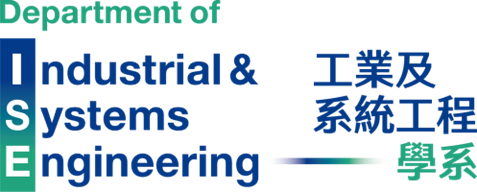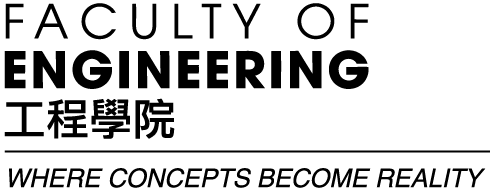(SKLUMT Seminar) Time-dependent manufacturing processes: Inverse problems allow adequate process control
Distinguished Research Seminar Series

-
Date
24 Nov 2021
-
Organiser
Department of Industrial and Systems Engineering, PolyU
-
Time
17:00 - 18:20
-
Venue
Online via ZOOM
Speaker
Prof. Dragos Axinte
Remarks
Meeting link will be sent to successful registrants
Summary
With the use of more advanced, but difficult-to-cut materials, on ever-more sophisticated products, the need to further develop and utilise the particular capabilities of the energy beam (EB) processing techniques (e.g. abrasive waterjet, pulsed laser ablation, focus ion beam) seem to become a key enabler for high valued-added industries. Although they are of various nature, a set of key communalities can be identified among EB methods when considered as dwell-time dependent processes; this allows the treatment of EB processes under a unitary technology umbrella.
The control of the penetration depth/footprint (e.g. etched kerf), the dwell-time (i.e. scanning speed) and the path of an energy beam is of paramount importance when it comes to the generation of freeform surfaces by this group of processes. To address this goal, the presentation will cover the scientific and engineering aspects related to the following generic approaches into generating freeform surfaces by EB processing:
Direct problem: knowing the EB footprint dependence on the dwell-time and given the beam path, predict the needed freeform surface; however, the predicted freeform might present large errors from the desired one since the beam path is not optimised in any way but it just intuitively guessed.
Inverse problem: knowing the EB footprint dependence on the dwell-time and the freeform to be achieved, determine the optimized beam path that results in minimal of errors between the predicted and desired freeform surface.
Although the direct problem gives a good understanding of the generation of freeforms by EB processes, it is the inverse one that enables the accurate generation freeform surfaces in a conscious way.
Apart from detailing on key theoretical aspects on modeling the direct and inverse problem in EB processing, the presentation will explain the engineering challenges in implementing these strategies in real machine tools/systems; example of a comprehensive in-house developed software to address this problem will be presented. Further, examples of algorithm implementations on two scalable EB processing systems (abrasive waterjet, pulsed laser ablation), with analysis on the accuracy of freeforms generated on various target materials are discussed.
Furthermore, the idea of tackling the inverse problems in dwell-time processes has been taken and demonstrated to define the paths of the energy beams for other applications such as laser-assisted machining and additive manufacturing where still the manufacturing research community uses the simplistic trial and error approaches.
Thus, this presentation intends to flag-up to the research community how the beam paths can be scientifically established for a wide range of dwell-time manufacturing processes to enable tightly controlled outcomes.
Keynote Speaker

Prof. Dragos Axinte
Professor and Chair of Manufacturing Engineering
Faculty of Engineering
University of Nottingham
Nottingham NG7 2RD, UK
Dragos Axinte is Professor and Chair of Manufacturing Engineering at University of Nottingham. Graduated at University of Galati, Romania, after working in industrial research for nearly eight years, he held two personal NATO Research Fellowships in Italy and Denmark and then moved to UK to carry out research with University of Birmingham and later with University of Nottingham. He was appointed Lecturer in Manufacturing Engineering (2005) and successively promoted to Associate Professor (2007), Reader (2010) and Professor (2011). Since 2009 Dragos is Director of The Rolls-Royce UTC in Manufacturing and On-Wing Technology at University of Nottingham. He is Editor-in-Chief of the International Journal of Machine Tools and Manufacture and Fellow of International Academy of Production Engineering (FCIRP). Dragos has over 200 in top journal papers and over 20 granted international patents filed with industry partners. Dragos research interest is in the following main areas: Advanced machining and finishing technologies, Energy beam machining (e.g. waterjet machining, laser ablation, focused ion beam), Workpiece surface analysis, Process monitoring, Design of portable machine tools, Design of innovative robotics for in-situ repairs in hazardous environments.
You may also like














